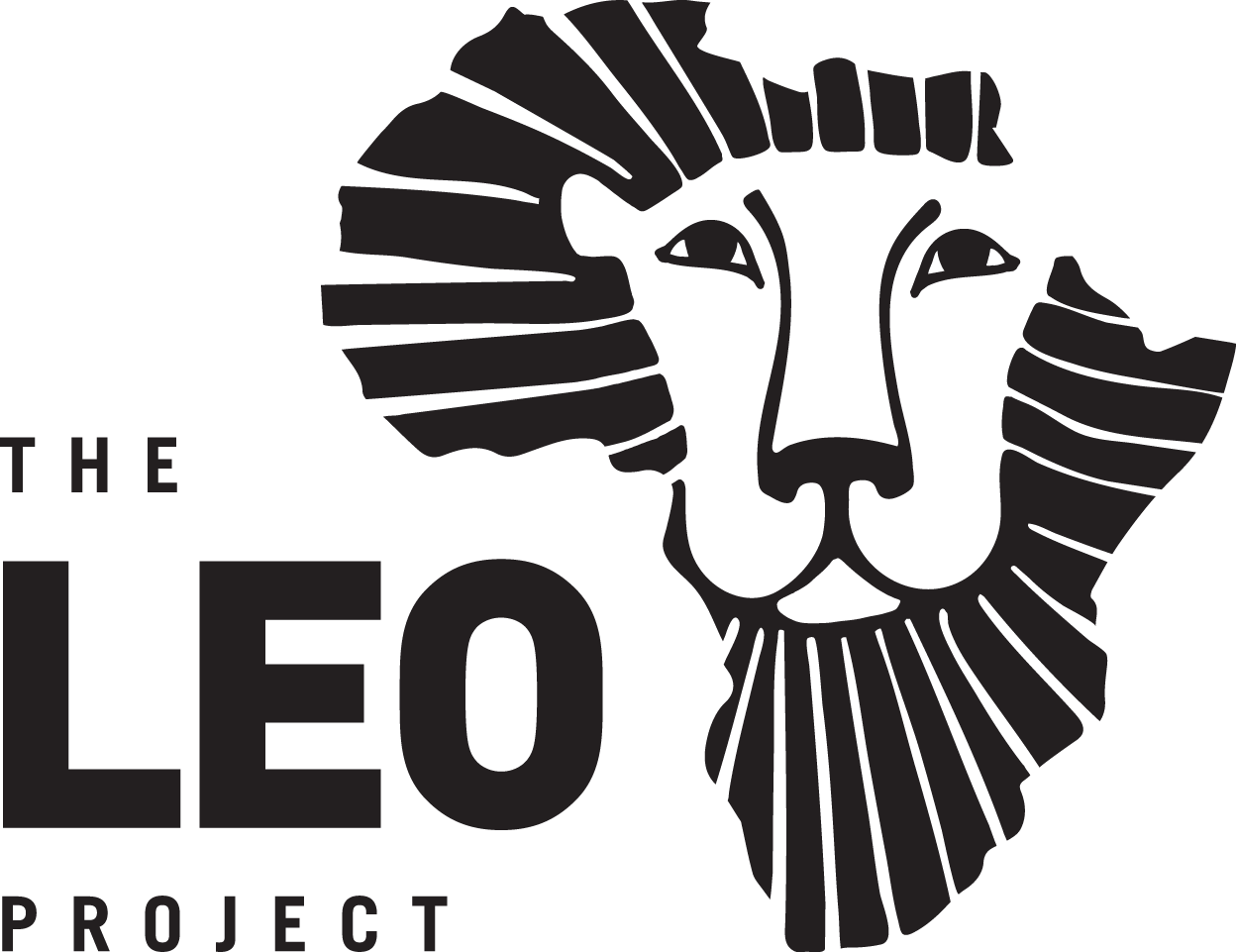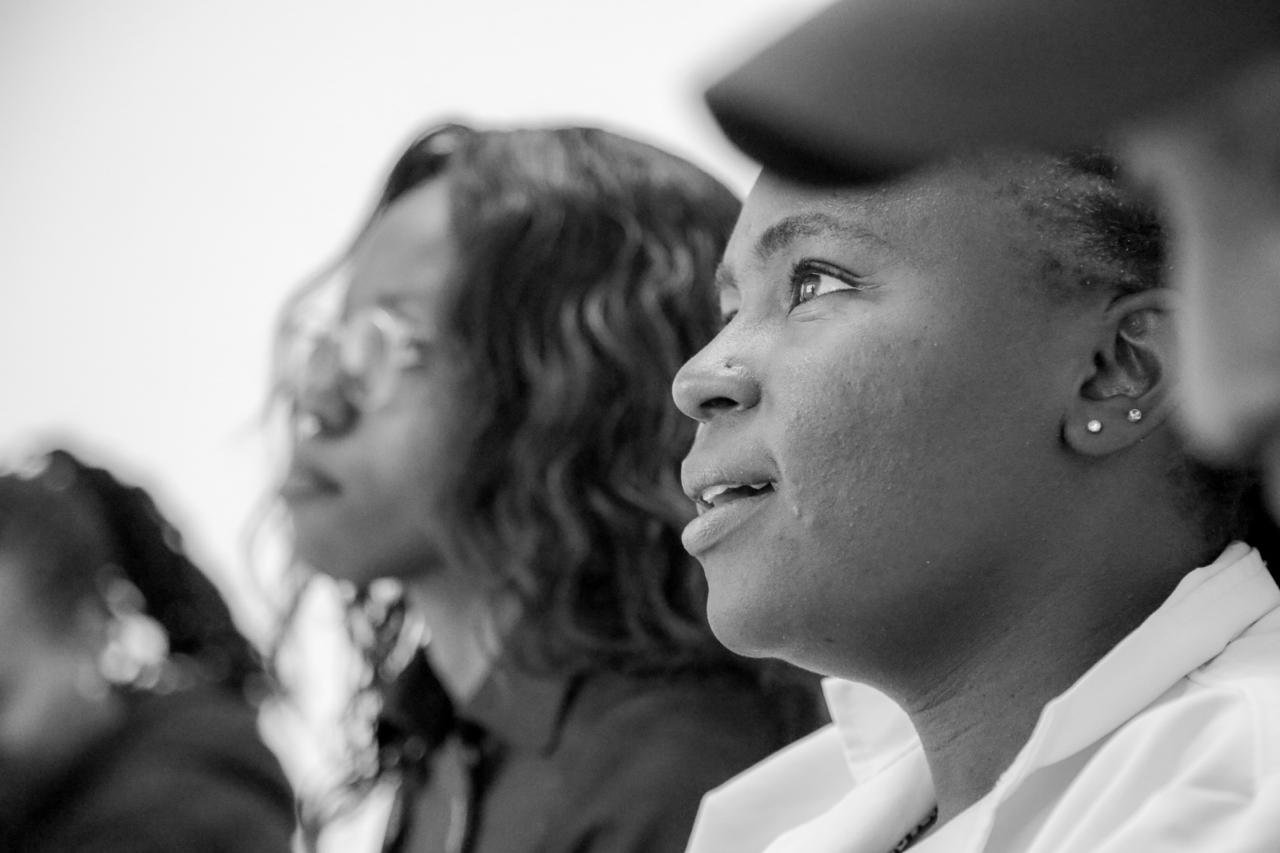doctor of stories
In healthcare settings across the globe, medical care is often focused on treating physical symptoms while mental health takes a back seat. At The Leo Project’s Caitlin O’Hara Community Health Clinic, a shift is happening - mental health isn't just an afterthought but a central component of patient care.
At the Health Clinic, located roughly 25 minutes outside of Nanyuki, in Laikipia County, Kenya, we’ve seen firsthand how this shift is transforming care. While traditional medical training often focuses only on serious mental illnesses like schizophrenia or dementia, it can overlook the everyday emotional struggles that people face. “You’re taught the diseases that cause poor mental health - schizophrenia or dementia - but you’re not taught that there’s an emotional part and someone can come in with depression” explained Njeri Waweru, TLP’s Clinical Officer.
In our clinic, having a dedicated mental health department has been a game changer. The mental health team, led by Daniella Mieri, TLP’s Medical Psychologist, includes a consultant psychiatric nurse and a child play therapist with specialization in trauma healing for all ages. This team has helped the clinic staff understand the complexity of mental health and its connection with physical health. As Njeri said, “What I’ve learned is that medicine alone cannot cure people, because so much begins in the brain.”
Njeri (in the foreground) and Daniella
One of the biggest challenges of integrating mental health care into traditional medicine is overcoming stigma. In many communities around the world, mental health issues are still taboo, and seeking help is often seen as a sign of weakness. Here in Laikipia County, it’s no different. Njeri explained that in many of her conversations with patients, “If you mention ‘psychologist’, they feel that you've called them a mad person. If you mention ‘therapy’, they say ‘If someone goes for therapy, that person is weak’.”
What we have realized is that language matters, and figuring out what language will free people to access the care they need requires understanding and creativity. Njeri, like other members of the Health Clinic team, has found that, “the only way I'm able to take them to Daniella is to tell them that we have a doctor who listens to your story. Someone who will listen to you without judgment…a Doctor of Stories.”
This term—“Doctor of Stories”—originated during Daniella’s previous experience. “I struggled to introduce myself to patients in a field that often feels ignored and misunderstood. I started introducing myself as ‘Daktari wa Mastory’ [Swahilli for “Doctor of Stories”]. I wanted a way to let patients know I was there simply to listen, to hear their stories without judgment. This approach became a cornerstone of my interactions with patients,” explained Daniella. Daniella carried this title with her and, over time, the TLP Health Clinic staff introduced her in this way.
This shift in language has made the concept of mental health care accessible and less intimidating. And the results are speaking for themselves. For instance, one of our patients, a mother whose baby was born prematurely and spent two months in the NICU, was overwhelmed with anxiety. Njeri determined that the baby was in perfect health, yet the mother couldn’t shake the fear that her baby was in danger. “Whatever she's going through, I'm limited now as a doctor. There's no medication that I can give,” Njeri recalled. “The only thing that is left is for her to talk out what she’s feeling.” Eventually, after some convincing over the course of two appointments with Njeri, this mother sat down with Daniella. She talked and she cried. She shared her story, and Daniella listened. This mother no longer comes to the clinic fearing that her child is in danger. She tells us that she is calm and no longer overwhelmed with worry.
It’s not just patients who benefit from this integrated approach; our health professionals do, too. At our Health Clinic, having a mental health department has meant that staff members also have access to support. For example, after a particularly tough case that triggered something painful, our staff member found solace in talking to two members of the mental health team, gaining tools to cope with their own experiences and emotions. This support system is crucial for maintaining the well-being of everyone involved in patient care.
Daniella teaching a mental health course to community members.
The impact of having a mental health department extends beyond individual patients and staff. It’s fostering a culture of compassion and understanding within the clinic. When we listen to and validate patients’ emotional experiences, we not only help them heal but also improve the overall atmosphere of care.
Our goal is to create spaces across the country where every person feels seen, heard, and supported. It is a simple goal, but not an easy one to achieve. Despite Kenya’s comprehensive Mental Health Policy 2015 - 2030, and the Kenya National Commission on Human Rights’ 2023 declaration that mental health is a universal human right, the country faces a dire mental health emergency. The Kenyan National Commission of Human Rights estimates that 25% of outpatients and 40% of inpatients suffer from mental health conditions. (Memia, et.al. 2022) In 2017, WHO ranked Kenya the African country with the fifth highest depression cases. Although it is unclear exactly how many psychologists are in Kenya, by some estimates, there are upwards of 400 (WHO, 2022), while the Kenya Counseling and Psychological Association reported a membership of about 7,000 psychologists and counselors as of 2022. In 2020, there were roughly 120 psychiatrists in Kenya, predominantly located in the capital, Nairobi, (BCM Health Services Research, 2023), up from about 100 in 2015 (National Library of Medicine, 2016). Outside of Nairobi, there is approximately one psychiatrist per 1 million people.
Here at The Leo Project, we are proud to be filling this gap, but we recognize that the road to universal access to mental health services is long. We are grateful to have a Doctor of Stories here to guide us all toward better health.
Njeri with Antony, TLP's Ambulance Officer
If you would like to support our mental health work, one way you can do so is by donating.



